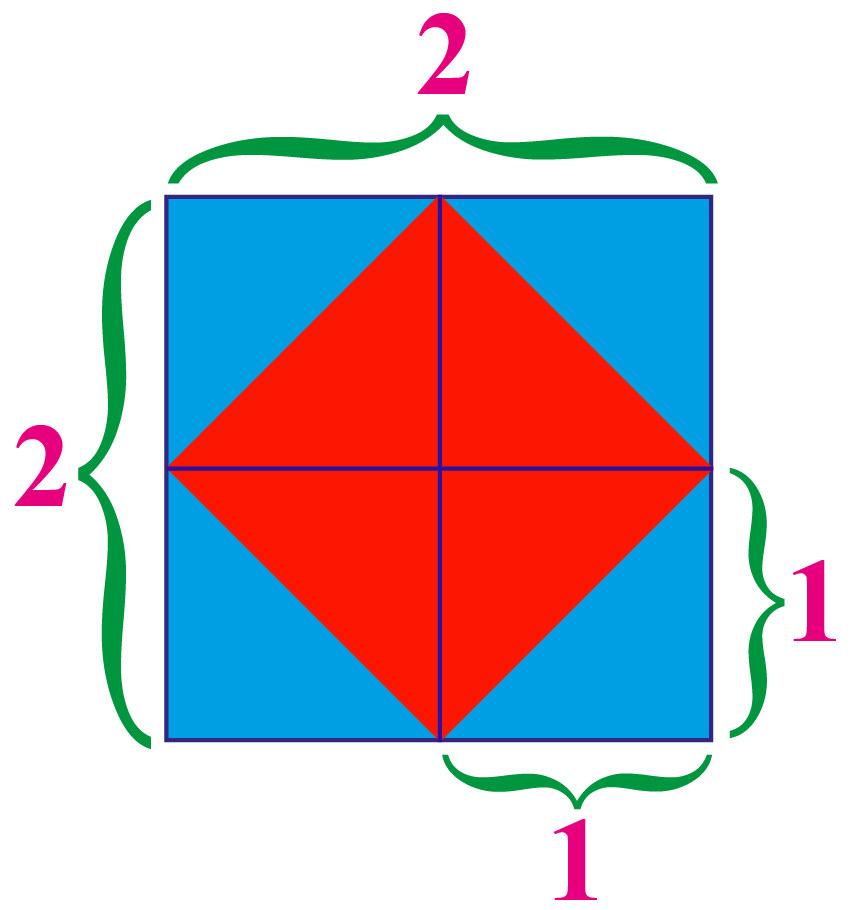
The algorithm is easily implemented and can test numbers with millions of digits. Combining elementary number theory and algorithmic number theory, this novel algorithm uses only addition, subtraction and multiplication, so the potentially problematic division operation is not required. Prof Philip Brown from the Department of Foundational Sciences (Mathematics) at Texas A&M University Galveston Campus has developed a new algorithm for discovering square numbers. More recently, computational number theory, the area of number theory concerned with finding and implementing efficient computer algorithms, has enabled the development of algorithms involving sieve methods to decide whether or not a positive integer is a perfect power. Such iterative methods can be carried out on a computer using floating point arithmetic, but they are usually difficult to implement for very large numbers and computational difficulty can arise with the division operation. Recursive algorithms, such as Newton’s method, start with an approximation, or guess, of the square root and find the higher order digits first. The square root symbol √ was first used in print in 1525. In 1450AD Regiomontanus invented a symbol for a square root, written as an elaborate R. Chinese mathematical writings from around 200BC show that square roots were being approximated using an excess and deficiency method. The Egyptians calculated square roots using an inverse proportion method as far back as 1650BC. The Babylonians and Greeks have been credited with the discovery of Heron’s method, the precursor of Newton’s iterative method, although Indian mathematicians are thought to have used a similar system around 800BC. No one actually knows who invented the square root, but it is thought that the knowledge of square roots originally came from dividing areas of land into equal parts so that the length of the side of a square became the square root of its area.

The problem of finding perfect squares, or square numbers that result from a number being multiplied by itself, together with the converse issue of finding their square roots, has been challenging mathematicians since ancient times. Professor Brown demonstrates how his algorithm is easily implemented and can test numbers with millions of digits. Professor Philip Brown from the Department of Foundational Sciences (Mathematics) at Texas A&M University Galveston Campus has developed a new algorithm that can detect a perfect square and build its root using binary arithmetic. Recent findings in computational number theory have enabled the development of efficient algorithms for discovering square numbers. 4 – Square Root Symbol using Alt Codes Point to NoteĪdding a Square Root Symbol in Microsoft Word serves the purpose of displaying the symbol but does not perform any mathematical calculations.Mathematicians have been faced with the problem of finding perfect squares and their roots since ancient times.
#SQUARE ROOT SYM CODE#
Hit Alt + X to convert the code to Square Root Symbol.įig.Place the cursor on the document where you want to insert the Square Root Symbol.3 – Square Root Symbol using AutoCorrect Option SR Symbol using Alt CodesĪlt Code shortcut for Square Root Symbol is the easiest of all the methods.


Now Click on ‘Math Auto Correct’ tab and check box beside “Math AutoCorrect rules outside of math regions” must be selected.



 0 kommentar(er)
0 kommentar(er)
